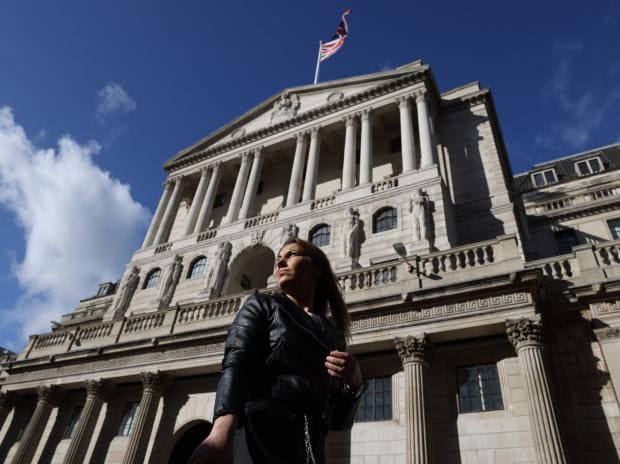Born on July 26, 1975, in Oxford to an emeritus professor of pure mathematics (father) and a Latin teacher (mother), Truss married Hugh O'Leary in 2000 and has two daughters. She studied Philosophy, Politics and Economics at Merton College and graduated in 1996. She attended Roundhay school in the Roundhay area of Leeds.
Journey into politics
Truss, 47, began her professional career in 1999 as a Chartered Management Accountant (ACMA), following which she worked at Cable & Wireless, where she rose to the rank of economic director before leaving in 2005. During this time, she also fought two elections and lost. In January 2008, she became the full-time deputy director of Reform.
Between 1998 and 2000, Truss served as the chair of the Lewisham Deptford Conservative Association. In 2006, she became a councillor for Eltham South in the Greenwich London Borough Council election. Truss' parliamentary career began in 2010 when she was elected to the House of Commons. Since then, she has held many vital portfolios and made history by being selected as the female Lord Chancellor in 2016.
In 2019, she extended her support to outgoing PM Boris Johnson. She was promoted to Secretary of State for International Trade and President of the Board of Trade. However, with a cabinet reshuffle in 2021, Truss was promoted from International Trade Secretary to Secretary of State for Foreign, Commonwealth and Development Affairs, making her the second woman to take the portfolio after Margaret Beckett.
Becoming Prime Minister
After weeks of an often bad-tempered and divisive leadership contest, Truss on September 5, 2022, beat former finance minister Rishi Sunak in a vote of Conservative Party members, winning by 81,326 votes to 60,399.
Within minutes of her victory, business leaders from the hospitality sector to manufacturing and chemical industries demanded help with the soaring energy cost and tight labour markets to stop firms from going bust.
Truss has promised to act quickly, saying she will devise a plan to tackle rising energy bills and secure future fuel supplies.
During her leadership campaign, she signalled she would challenge convention by scrapping tax increases and cutting other levies in a move some economists say would further fuel inflation.

 Prime Minister Rishi Sunak much more liked than UK governing party: Poll
Prime Minister Rishi Sunak much more liked than UK governing party: Poll
 Britain and Rishi Sunak
Britain and Rishi Sunak
 Rishi Sunak offers UK's allies cause for hope but Tory dangers linger
Rishi Sunak offers UK's allies cause for hope but Tory dangers linger
 Bank of England makes biggest rate hike in 30 years to beat inflation
Bank of England makes biggest rate hike in 30 years to beat inflation
 'Inevitable' Britons will pay more tax for stability, say Sunak, Hunt
'Inevitable' Britons will pay more tax for stability, say Sunak, Hunt
 Rishi Sunak's real challenge as PM is not economic or political but social
Rishi Sunak's real challenge as PM is not economic or political but social
 Outgoing UK PM Truss says her govt acted 'urgently and decisively' to help
Outgoing UK PM Truss says her govt acted 'urgently and decisively' to help
 Sunak's prize for predicting Truss chaos: He gets to clean up the mess
Sunak's prize for predicting Truss chaos: He gets to clean up the mess
 Rishi Sunak to become the next UK PM: Let's understand his India connection
Rishi Sunak to become the next UK PM: Let's understand his India connection
 Indian-origin Rishi Sunak to become Britain's next prime minister
Indian-origin Rishi Sunak to become Britain's next prime minister
